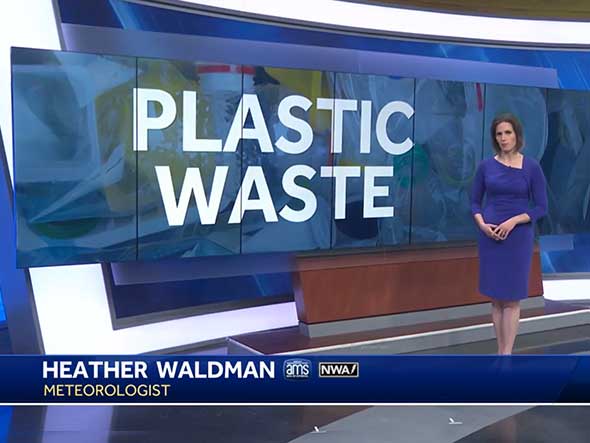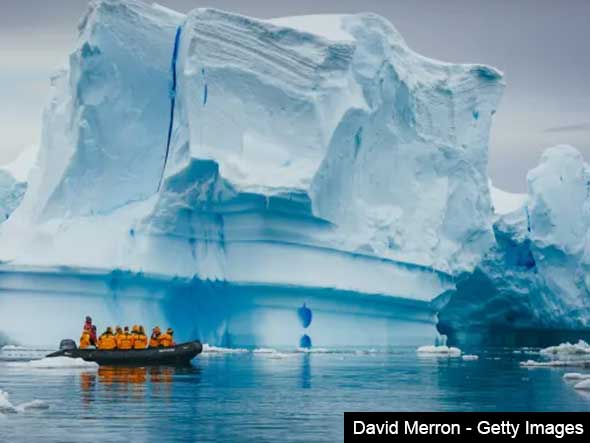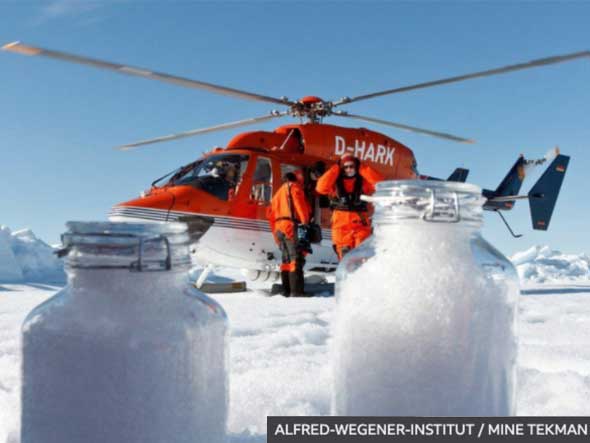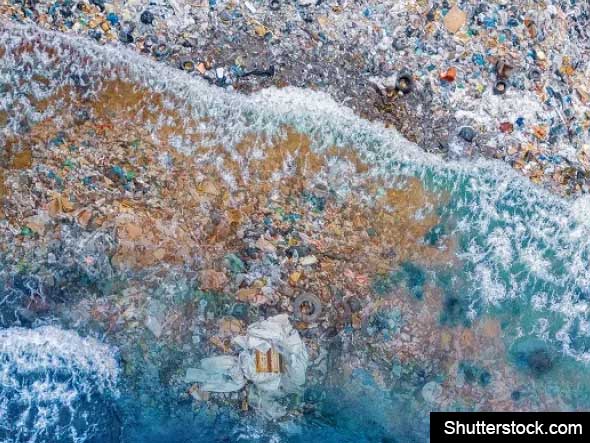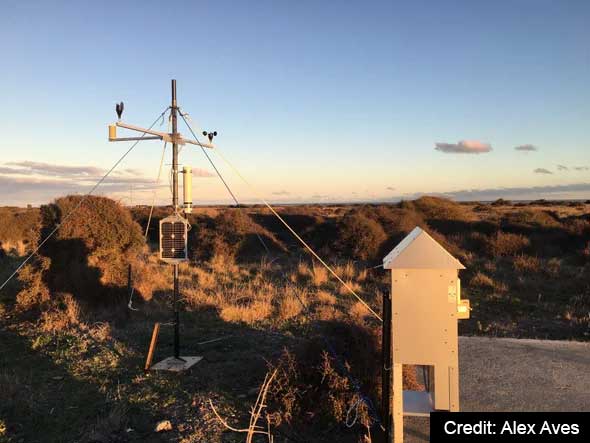Plastics are really driving our climate crisis
(KCRA3 2/8/2023) Plastic pollution and climate change related to fossil fuel emissions are two of humanity’s biggest global challenges. And while the two are not interchangeable, scientists agree that they are connected. This KCRA3 web page has 3 different videos exploring plastic waste.
Plastics are really driving our climate crisis Read More »

